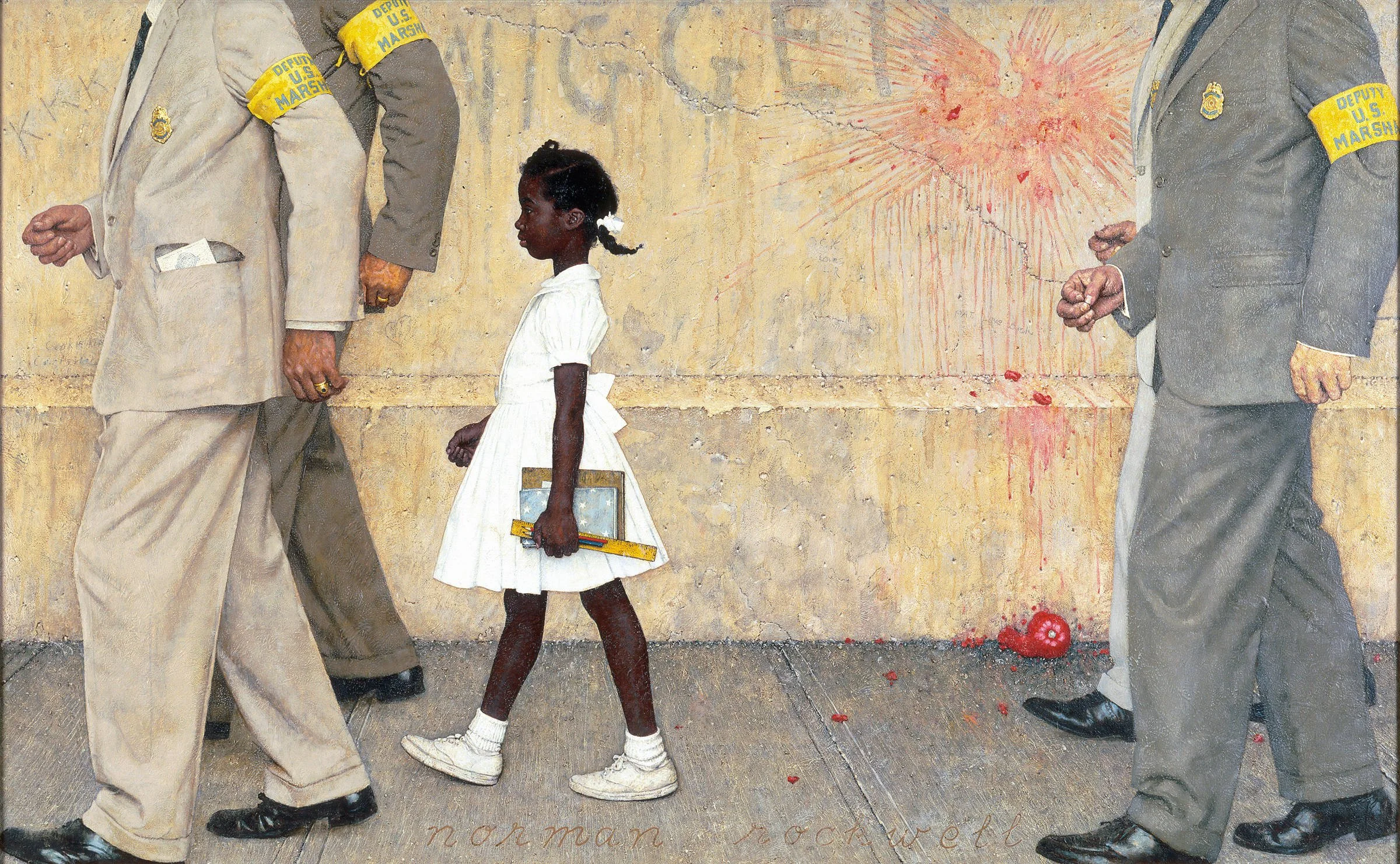In A Time Of Cowards
Behind every stage, tucked away in a quiet corner, there’s a room most people never see. It’s called a green room. It’s not fancy. It’s not green. And it’s not private. It’s just a space where people wait before stepping on a stage and into whatever moment they’ve been called to. Sometimes there’s a couch that’s seen better days. Often there's water that is never quite cold. And mostly, it’s quiet. A holding place. A place to breathe.
I’ve spent a lot of time in green rooms. Sometimes alone, sometimes with strangers, sometimes with people whose names are far more recognizable than mine. I’ve shared those rooms with people I admire — James Taylor, Walter Isaacson, Malala. People who have shaped conversations, changed industries, and stood in moments that mattered.
But green rooms are humbling. They make no allowances for status and make everyone small. It’s not a place for importance. It’s a place for waiting. And in that waiting, even the most well-known figures become ordinary. They check the time. They fidget. They fold and unfold pieces of paper. Some stare at the floor, others pace back and forth. Everyone waits.
But there’s one green room I’ll never forget. Not because of the chairs or the size of the event. But because of who sat across from me. She didn’t say much. She didn’t need to. Her presence said it all. Calm. Strong. Kind. Unshaken. No performance. No posture. Just a quiet certainty that needed no approval.
A long time ago, she walked through an angry crowd and into a silent classroom. The people who hated her shouted until their throats burned. And still, she walked. Past fear. Past rage. Past everything designed to stop her.
She kept walking.
Her name was Ruby Bridges.
In 1960, Ruby Bridges walked into William Frantz Elementary School, a six-year-old in a dress that swayed as she moved. The air was thick that day—with hatred and noise. The mob screamed, protesting the integration of a Black child into a white school. But she kept moving forward. A little girl, facing the kind of rage most of us will never know, chose courage.
That kind of courage is rare these days. Fear is more common—disguised as strategy, justified as professionalism. Politicians won’t tell the truth if it costs them votes. Institutions—law firms, media companies, universities—choose image and money over integrity. Leaders protect their reputations instead of their principles, afraid of bad press and financial fallout. They call it caution. But let’s be honest: it’s cowardice. And the rest of us notice.
Meanwhile, cruelty is amplified. Social media rewards division. The loudest voices, the most vicious words, are celebrated. Strength is measured in outrage, and those who know better stay silent. They tell themselves it’s not their fight. They act as though silence is neutral. It never is.
Ruby Bridges didn’t walk through that schoolhouse door for herself alone. She walked for everyone who would follow. She endured hate not for recognition, but for an education, for fairness, and for the belief that a different world was possible. The mobs screamed. The adults cursed and spat. She moved through a wall of rage, her small hand in her mother's, with federal marshals flanking her. Every step was a defiance of the terror they wanted her to feel.
She was six years old.
She sat alone in an empty classroom, day after day, while parents pulled their children from the school. Outside, the threats kept coming. But she showed up anyway. She opened her books. She raised her hand. She dared to learn in a place where so many believed she didn’t belong.
She didn’t ask for the weight of history. She didn’t choose to be a symbol. She wanted what every child should have — a chance to learn, to play, to grow. And yet she carried that burden, not because it was fair, but because it was necessary. In her quiet determination, she reminded the world what courage truly looks like.
Today, when the stakes are so much lower, people and organizations are standing still, refusing to stand up for what is right. They justify their inaction. They protect their comfort. They look at their options and choose silence. But Ruby Bridges showed us that courage isn’t the absence of fear — it’s standing in the storm when everyone else is seeking shelter.
She kept walking. And the world shifted.
She was six years old.

